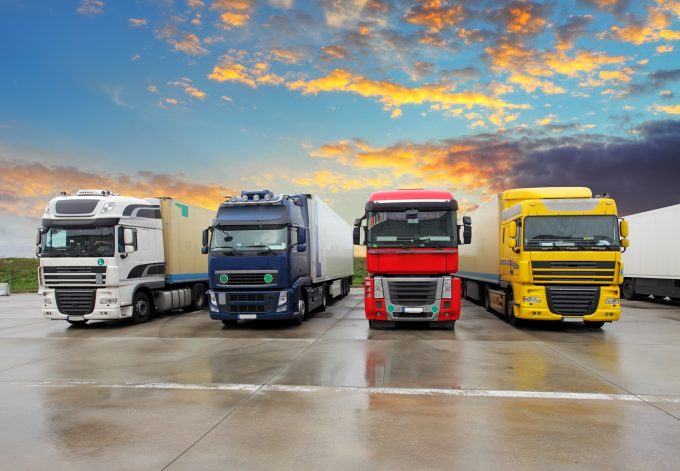'Chappie McChapface': the $1m warehouse robbery that never happened
Fears for the future of humanity from the twin threats of robotics and AI could ...

Transport security organisation TAPA is launching a new initiative across Europe in a bid to stem increasing cargo theft from trucks.
TAPA is to contact around 115 parking locations to encourage them to beef up security to a defined standard and to allow companies to pre-book spaces.
It is also launching an online platform showing areas most at risk and where secure parking is located.
Some 57% of thefts from trucks occur at non-secure parking locations.
In the EU, 18bn tonnes of goods are transported each year – or 46m tonnes every day.
“Road freight is the weak link,” Tony Kavanagh, regional HSSE manager Europe for Damco, a TAPA member, told delegates at FIATA’s World Congress in Dublin.
“About 86% of cargo crime last year was truck-related. Most happened after drivers, not the freight company, made a decision on where to stop,” he said.
He added that finding secure locations was a burden on companies.
“It is hard to determine the level of security without a physical inspection and there is a lack of sites. Drivers may have to pay with a card or cash for secure parking, and could be unwilling to.”
The TAPA initiative is open to all parking space owners, and encourages them to upgrade and, in the first phase, self-certify against a TAPA standard.
Phase two, which will launch in 2018, will help parking locations move to an even higher level of security.
He acknowledged that the plan could increase costs for shippers, but advised they should determine their level of risk.
“Not everyone needs high-level security right now, especially if it’s a hard-sided vehicle,” he explained. “And there is a mindset among some shippers who still look at prices and might say €20 [for secure parking] is an issue.”
In the latest incidents reported to TAPA’ Incident Information Service (IIS), for the three months ending 30 June, there was a combined loss value of products stolen of €19.3m ($21.4m) – a significant increase on the €5.3m ($5.9m) figure for the same period of 2015.
And they make for a total loss value of €27.3m ($30.3) across the EMEA region over the first six months of this year (based on crimes reported to IIS) – up 264% year-on-year.
But the number of thefts could be mitigated by adopting the appropriate level of security, says TAPA.
Steve McHugh, TAPA EMEA standards secretariat, said: “If you ship mobile phones in a curtain-sider – it’s an accident waiting to happen. You choose the level of security you need and may have to pass that cost on.”
He acknowledged that more secure parking locations could alert thieves to high-value cargo, but argued: “But because it’s secure, thieves are more likely to be stopped. Parking in an open street is poor risk assessment. At the moment, drivers are parking in any areas and getting hit.”
TAPA’s plan includes:
Comment on this article